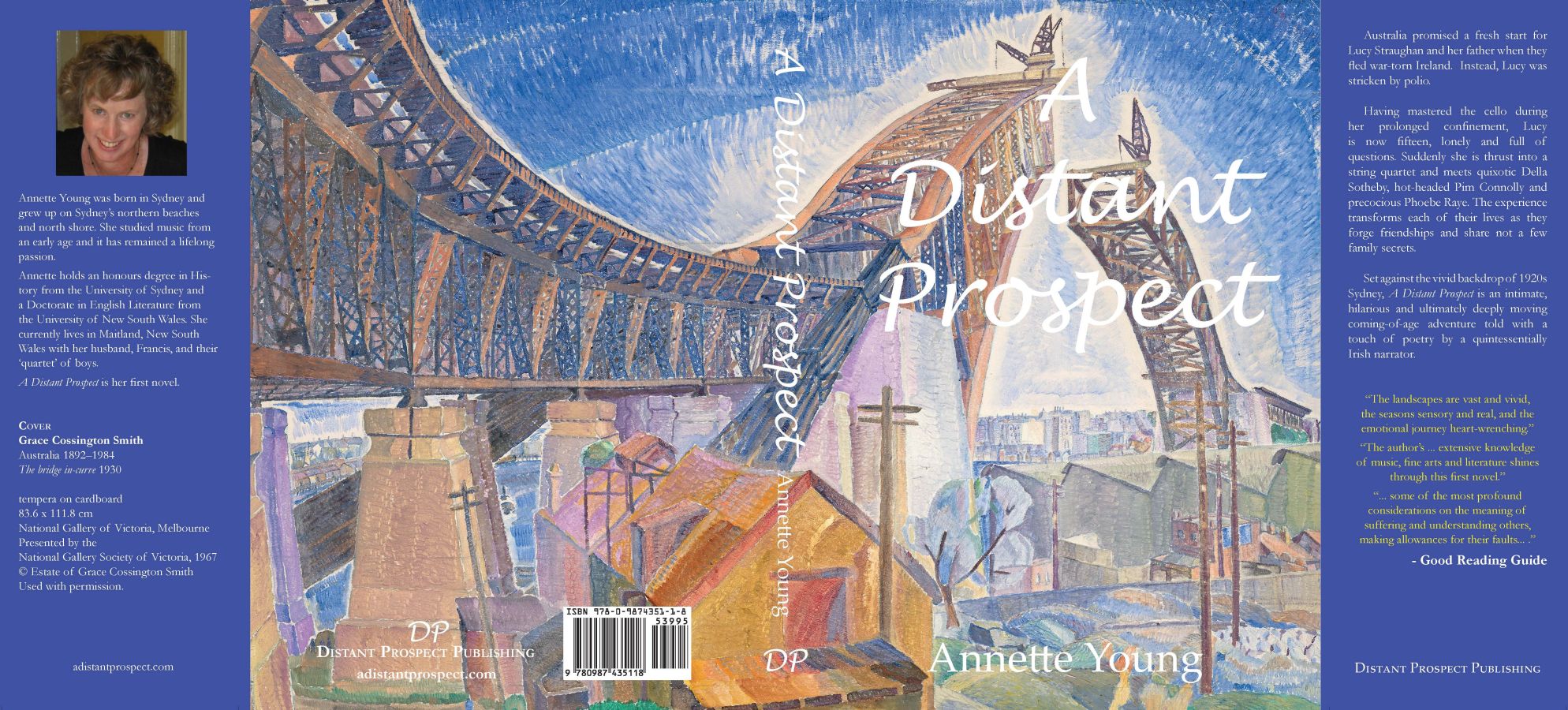 In 2013, having decided to shift narrators from Lucy Straughan in A Distant Prospect to Phoebe Raye in By Violence Unavenged, I hoped to avoid writing complex emotional analysis; and instead developed a detached, falsely dispassionate narrator in an attempt to communicate a complicated backstory. What was I thinking? Meanwhile, the little voice reminded me about psychology, emotionally convincing protagonists, narrative tone, and the need to fathom more unpleasant feelings and experiences. So, I smothered the little voice in complicated backstory. Now, after several failed attempts, I’m rewriting, and the focus has shifted to the emotional world of the narrator, right where it should have been in the first place. Perhaps I needed to write all that backstory to better understand my protagonist and her world, and to distance myself from Lucy. It also serves as a foundation for yet another novel. Anyway, the little voice is back, whispering indications as I look at my fictional worlds through the eyes of Phoebe Raye. A sentence here, a note there, a paragraph or two, all spread across several chapters, constituted today’s writing session. And I feel a new confidence, a new security, a renewed sense of conviction, having realised I’ve learnt a thing or two in the past five years, and perhaps come to terms with a few of those things myself. Authors might write books; but books have a way of righting authors.
In 2013, having decided to shift narrators from Lucy Straughan in A Distant Prospect to Phoebe Raye in By Violence Unavenged, I hoped to avoid writing complex emotional analysis; and instead developed a detached, falsely dispassionate narrator in an attempt to communicate a complicated backstory. What was I thinking? Meanwhile, the little voice reminded me about psychology, emotionally convincing protagonists, narrative tone, and the need to fathom more unpleasant feelings and experiences. So, I smothered the little voice in complicated backstory. Now, after several failed attempts, I’m rewriting, and the focus has shifted to the emotional world of the narrator, right where it should have been in the first place. Perhaps I needed to write all that backstory to better understand my protagonist and her world, and to distance myself from Lucy. It also serves as a foundation for yet another novel. Anyway, the little voice is back, whispering indications as I look at my fictional worlds through the eyes of Phoebe Raye. A sentence here, a note there, a paragraph or two, all spread across several chapters, constituted today’s writing session. And I feel a new confidence, a new security, a renewed sense of conviction, having realised I’ve learnt a thing or two in the past five years, and perhaps come to terms with a few of those things myself. Authors might write books; but books have a way of righting authors.

